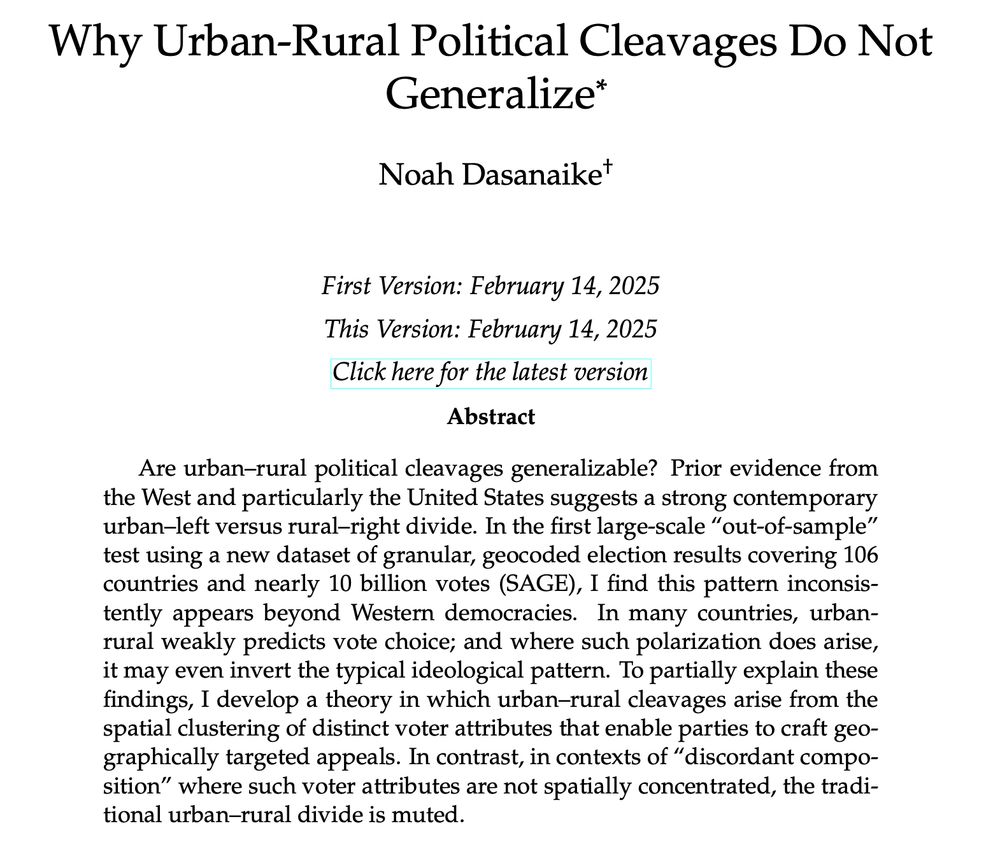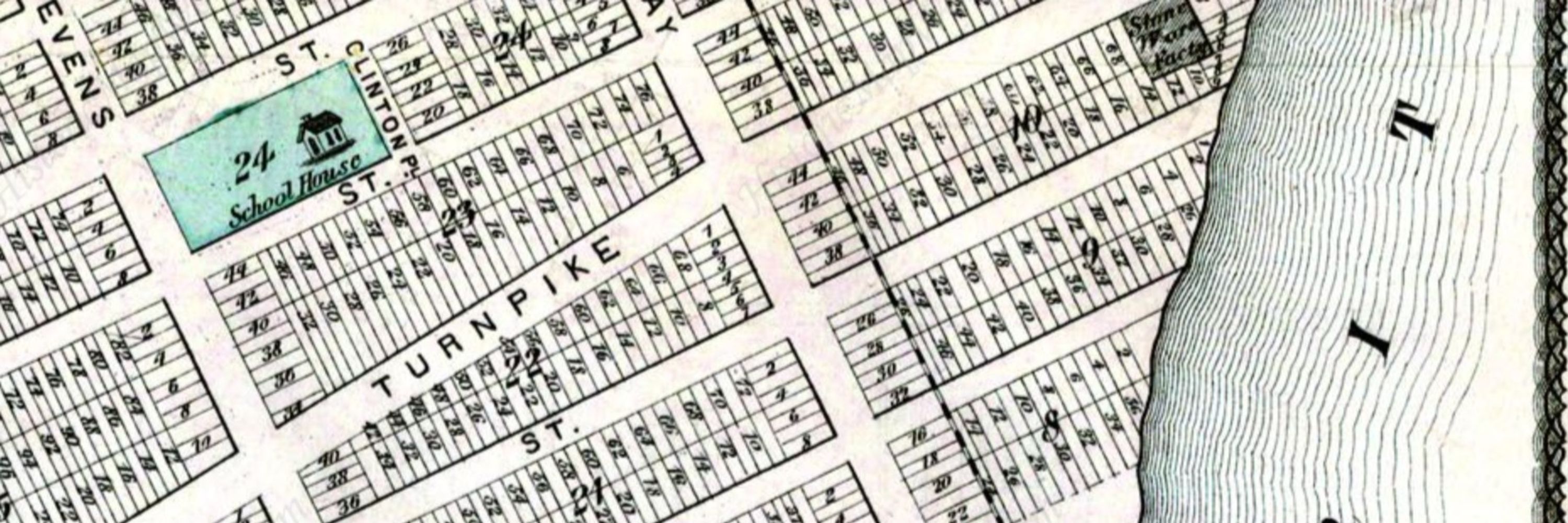
State & local politics + computational social science.
tylersimko.com
Reposted by Mark J. Brandt, Justin H. Kirkland, Hannah Walker
Reposted by David Darmofal, Tyler Simko

cpsblog.isr.umich.edu?p=3516
Three densest counties saw largest jumps from '21:
Hudson (Jersey City), Essex (Newark), Union
>30% increase in total vote
>30-pt Democratic margin
High-profile local races helped, e.g., Jersey City mayoral w/ former gov
1/2


Read more from me and @kabirkhanna.bsky.social for #CBSDataDesk🍎 below!
Reposted by David Lazer, David Darmofal, Tyler Simko


Three densest counties saw largest jumps from '21:
Hudson (Jersey City), Essex (Newark), Union
>30% increase in total vote
>30-pt Democratic margin
High-profile local races helped, e.g., Jersey City mayoral w/ former gov
1/2
Reposted by Tyler Simko

We collected very granular precinct data and aggregated it to neighborhoods people actually recognize
Bushwick, Flushing, Upper West Side, etc.
datawrapper.dwcdn.net/Wrd72/
H/T @mitelectionlab.bsky.social @chriskenny.bsky.social @corymccartan.com @simko.bsky.social
Reposted by Tyler Simko

Hover over map to see our estimates...
#CBSDataDesk🍎
Reposted by Tyler Simko

Reposted by Mirya R. Holman, Lesley Bartlett, Tyler Simko

Who’s on Board? School Boards and Political Representation in an Age of Conflict fordhaminstitute.org/national/res...
Reposted by Tyler Simko


thehill.com/opinion/camp...
Reposted by Tyler Simko
We show that tract-level segregation is robust to MAUP using simulation methods.
Reposted by Tyler Simko
Reposted by Rosemary A. Joyce, Tyler Simko
alarm-redist.org/papers/ggpre...

www.nytimes.com/interactive/...

Reposted by Tyler Simko

www.nytimes.com/interactive/...
Reposted by Maxwell Palmer, Tyler Simko
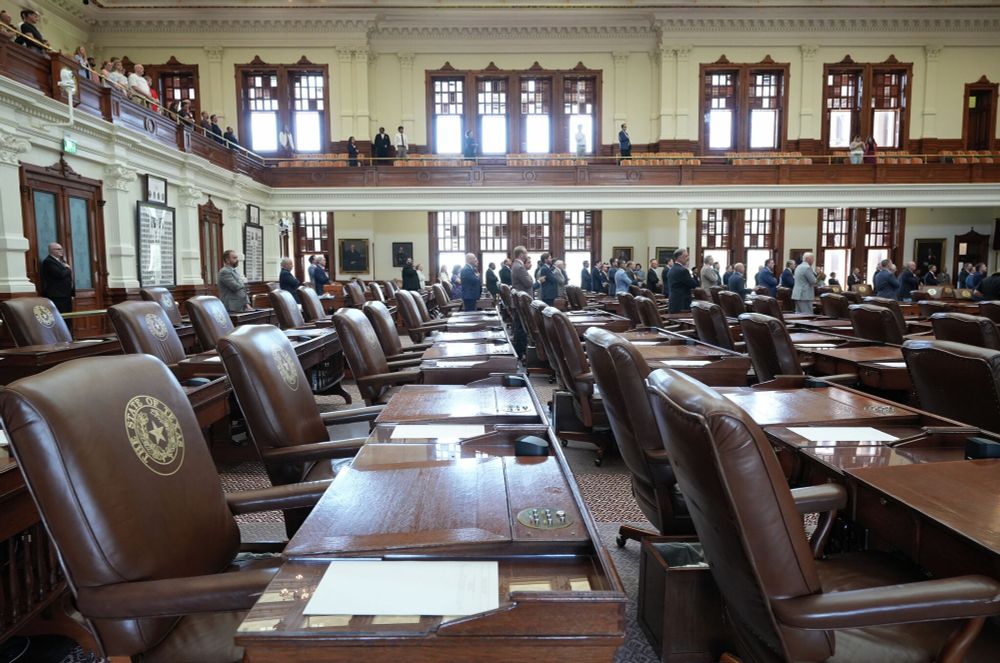
I along with @maxwellpalmer.com and @simko.bsky.social wrote an article last week (though published today) that analyzes the changes to the congressional district map in Texas, and particularly San Antonio.
Reposted by Tyler Simko
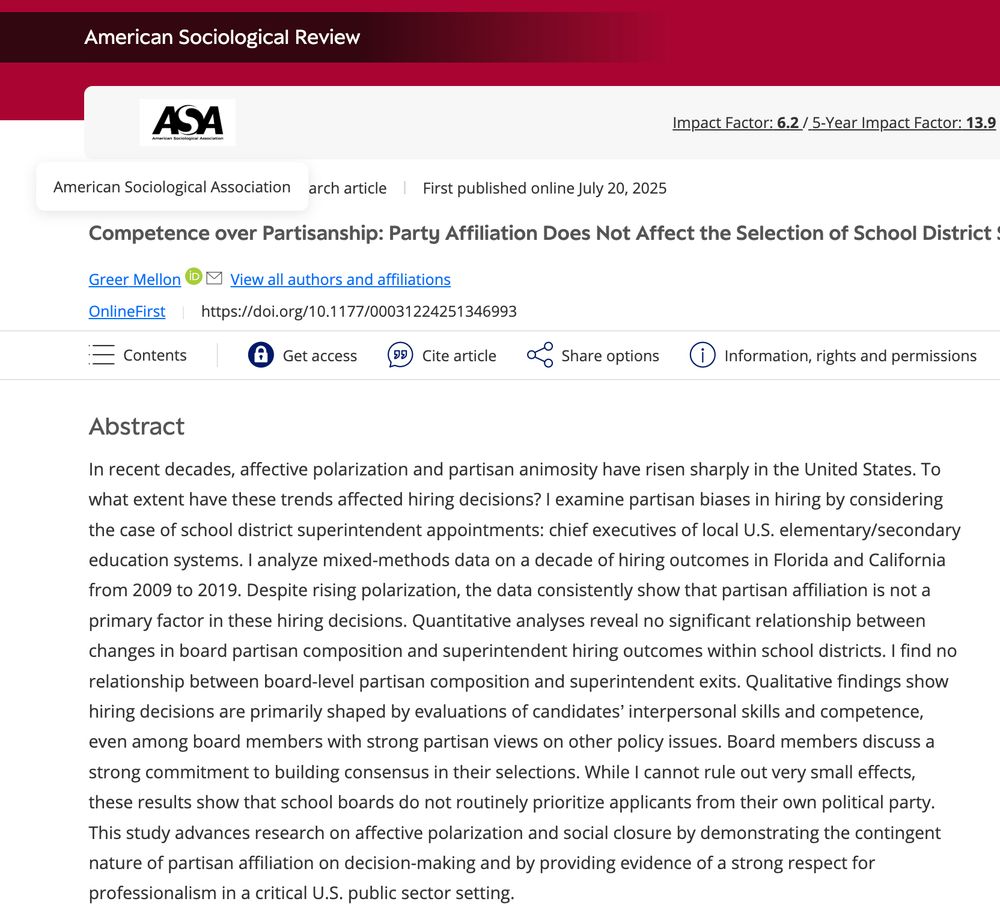
Reposted by Tyler Simko

Reposted by Tyler Simko
Reposted by Tyler Simko
Reposted by Tyler Simko
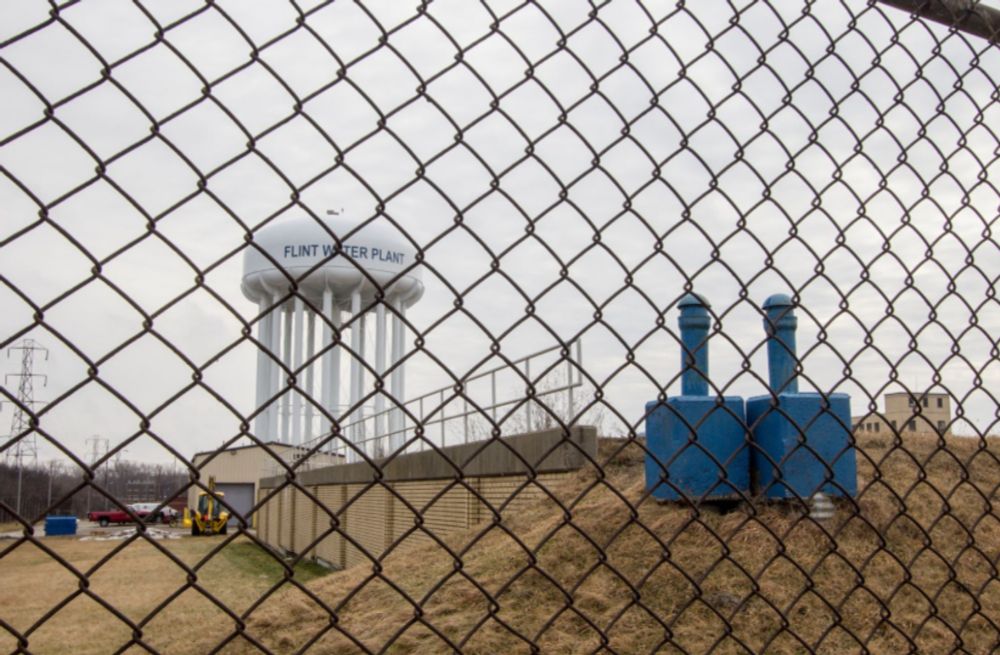
cpsblog.isr.umich.edu?p=3434
Reposted by Tyler Simko
Reposted by Zack Taylor, Hanno Hilbig, Tyler Simko
